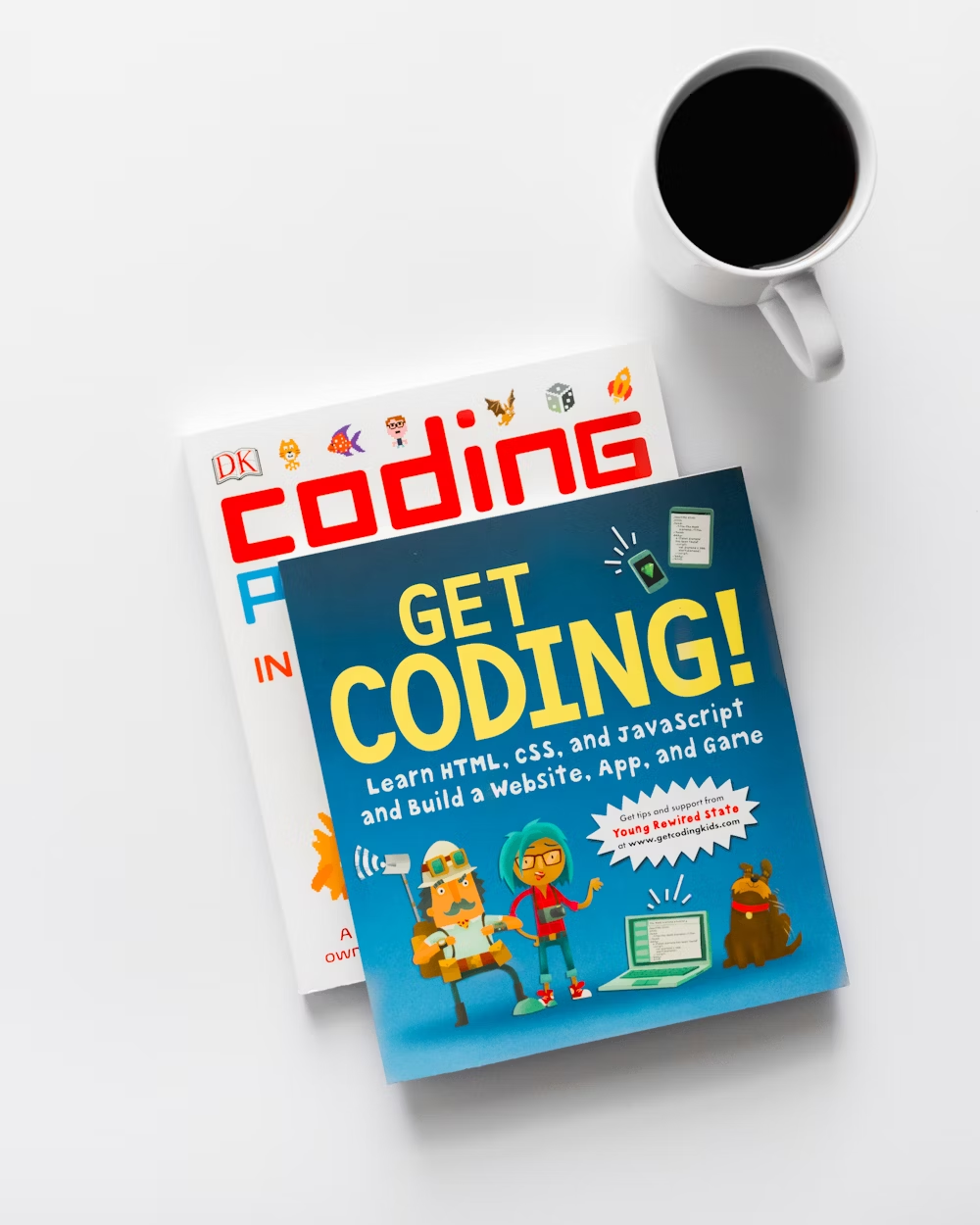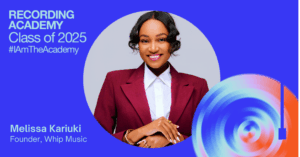In today’s rapidly evolving digital landscape, programming skills have become essential for career advancement across virtually every industry. Whether you’re a student at African Leadership College of Higher Education looking to enhance your technical capabilities or a professional seeking to transition into the tech sector, selecting the right coding books for beginners can set the foundation for your programming journey.
At ALCHE, we understand the importance of providing our students with comprehensive resources that not only teach technical skills but also foster problem-solving abilities and innovative thinking. This curated list of coding books for beginners represents some of the most effective learning resources available today, carefully selected to support learners at various stages of their programming education.
Quick Answer: What are the best coding books for beginners in 2025?
The best coding books for beginners in 2025 include:
1. Python Crash Course by Eric Matthes – Ideal first programming book with hands-on projects
2. Head First Java by Kathy Sierra – Visual learning approach for object-oriented programming
3. Eloquent JavaScript by Marijn Haverbeke – Essential for web development beginners
4. HTML and CSS: Design and Build Websites by Jon Duckett – Beautiful visual guide to web basics
5. Automate the Boring Stuff with Python by Al Sweigart – Practical automation projects
These books combine clear explanations with practical projects, making them perfect for new programmers. Start with Python or JavaScript depending on your goals – Python for data science/automation, JavaScript for web development.
Why Choose Books for Learning Programming?
While online tutorials and video courses have their place in modern education, coding books for beginners offer several distinct advantages that make them invaluable learning tools. Books provide structured, comprehensive coverage of programming concepts, allowing learners to progress systematically through complex topics. Unlike fragmented online resources, well-written programming books offer coherent narratives that build knowledge progressively, making them particularly effective for beginners who need solid foundational understanding.
Furthermore, books remain accessible regardless of internet connectivity, making them ideal learning companions for students across Africa who may face connectivity challenges. The ability to annotate, bookmark, and reference material quickly makes physical and digital books excellent long-term learning resources that students can return to throughout their careers.
Essential Coding Books for Beginners
1. “Python Crash Course” by Eric Matthes
Python has emerged as one of the most beginner-friendly programming languages, making it an excellent starting point for new programmers. “Python Crash Course” stands out among coding books for beginners due to its practical approach that combines fundamental concepts with real-world projects.
The book covers Python basics including variables, lists, dictionaries, and functions before diving into more advanced topics like object-oriented programming and file handling. What makes this book particularly valuable is its project-based approach, featuring three substantial projects: a Space Invaders game, a data visualization project, and a web application.
2. “Head First Java” by Kathy Sierra and Bert Bates
Java remains one of the most in-demand programming languages globally, particularly for enterprise applications and Android development. “Head First Java” revolutionizes how coding books for beginners approach complex topics by using engaging visual learning techniques and conversational explanations.
The authors employ puzzles, games, and brain-friendly learning approaches that help beginners understand object-oriented programming concepts that often challenge new programmers. The book covers Java fundamentals including classes, objects, inheritance, and polymorphism while maintaining an accessible tone throughout.
Given Java’s prominence in enterprise software development across Africa’s growing financial and telecommunications sectors, mastering Java through this comprehensive guide provides excellent career prospects for our students.
3. “Eloquent JavaScript” by Marijn Haverbeke
JavaScript powers the modern web, making it an essential language for anyone interested in web development. “Eloquent JavaScript” distinguishes itself among coding books for beginners by combining thorough technical coverage with philosophical insights about programming.
The book begins with JavaScript basics including values, variables, and control flow before progressing to advanced topics like asynchronous programming and Node.js. Each chapter includes exercises that reinforce learning, and the book’s online version provides an interactive coding environment for immediate practice.
For students interested in web development or entrepreneurship, JavaScript skills enable the creation of dynamic websites and web applications that can serve Africa’s growing digital marketplace.
4. “C Programming Language” by Brian Kernighan and Dennis Ritchie
Often referred to as “K&R C,” this classic remains one of the most influential coding books for beginners learning system programming. While C presents a steeper learning curve than modern high-level languages, understanding C provides deep insights into how computers work at a fundamental level.
Recommended Post: Is a Computer Science Degree Worth It?
The book covers C language features systematically, from basic data types and operators to advanced topics like pointers and memory management. Learning C builds strong programming foundations that benefit students regardless of which languages they use later in their careers.
5. “HTML and CSS: Design and Build Websites” by Jon Duckett
Web technologies form the backbone of modern digital communication, making HTML and CSS essential skills for any programming education. This book stands out among coding books for beginners due to its exceptional visual design and clear explanations of web development concepts.
The book covers HTML structure, CSS styling, and responsive design principles using real-world examples and stunning visual presentations. Unlike dense technical manuals, this book makes web development accessible through its magazine-style layout and practical approach.
Understanding web technologies enables students to create professional online presences for their future businesses or organizations, supporting entrepreneurial endeavors across Africa’s diverse markets.
6. “Learning React” by Alex Banks and Eve Porcello
React has become the dominant front-end JavaScript library, making it essential knowledge for modern web developers. “Learning React” provides comprehensive coverage of React concepts while maintaining accessibility for coding books for beginners.
The book covers React fundamentals including components, state management, and the virtual DOM before exploring advanced topics like hooks and context. Practical examples throughout the book demonstrate real-world application development techniques.
Given the growing demand for interactive web applications across African markets, React skills position students for high-demand frontend development roles in the continent’s expanding tech sector.
7. “Automate the Boring Stuff with Python” by Al Sweigart
Programming’s true power lies in its ability to automate repetitive tasks and solve real-world problems. “Automate the Boring Stuff with Python” exemplifies practical coding books for beginners by focusing on immediately applicable programming solutions.
The book teaches Python programming through practical automation projects including web scraping, email automation, file organization, and spreadsheet manipulation. This approach helps beginners understand programming’s practical value while building useful skills.
For African Leadership College students across various disciplines, automation skills enhance productivity and create opportunities for innovative problem-solving in fields ranging from business to research.
8. “Swift Programming: The Big Nerd Ranch Guide” by Matthew Mathias and John Gallagher
Mobile applications represent a significant growth opportunity across African markets, making iOS development skills increasingly valuable. This book provides comprehensive coverage of Swift programming for iOS development while remaining accessible to beginners.
The book covers Swift language fundamentals including optionals, generics, and protocols before progressing to iOS-specific topics like user interface design and data persistence. Hands-on exercises throughout the book reinforce learning through practical application.
Understanding mobile development enables students to create applications addressing local African challenges, from financial services to agriculture, representing significant entrepreneurial opportunities.
Choosing the Right Coding Books for Beginners
Selecting appropriate coding books for beginners depends on several factors including career goals, learning style, and available time commitment. Students interested in web development should prioritize HTML/CSS and JavaScript resources, while those focused on data science might begin with Python-focused books.
Consider your learning preferences when choosing books. Visual learners benefit from resources like “Head First Java” that employ diagrams and visual explanations, while analytical learners might prefer systematic approaches found in books like “The C Programming Language.”
Time availability also influences book selection. Comprehensive resources like “Python Crash Course” require significant time investment but provide thorough coverage, while focused books like “Automate the Boring Stuff with Python” offer quicker paths to practical skills.
Maximizing Learning from Programming Books
Effective learning from coding books for beginners requires active engagement rather than passive reading. Set up a programming environment on your computer before beginning any book, allowing immediate practice of concepts as you encounter them.
Good Read: What Can You Do With a Computer Science Degree?
Take notes while reading, focusing particularly on syntax patterns and problem-solving approaches rather than memorizing specific code examples. Programming languages evolve continuously, but fundamental problem-solving patterns remain consistent across languages and frameworks.
Practice regularly by completing book exercises and extending them with your own modifications. Programming skills develop through hands-on practice rather than theoretical understanding alone. Challenge yourself to apply new concepts to problems relevant to your interests or career goals.
Building Your Programming Library
Successful programmers maintain reference libraries they can consult throughout their careers. Begin building your collection with fundamental coding books for beginners, then expand into specialized topics as your interests and career develop.
Consider both physical and digital formats based on your learning preferences and circumstances. Digital books offer searchability and portability, while physical books provide distraction-free reading experiences and easier annotation.
Budget considerations matter for students, but remember that programming books represent investments in your career development. Many of these books remain relevant for years, making them cost-effective educational resources compared to expensive courses or bootcamps.
Programming Education at African Leadership College
At African Leadership College of Higher Education, we recognize that technical skills alone don’t guarantee career success. Our programming education emphasizes not only coding competency but also problem-solving abilities, collaborative skills, and ethical considerations that prepare students for leadership roles in Africa’s growing technology sector.
We encourage students to supplement book learning with practical projects addressing local challenges, internship opportunities with African tech companies, and participation in programming communities both locally and internationally. This comprehensive approach ensures graduates possess both technical competency and the broader skills necessary for career success.
Our faculty combines international expertise with deep understanding of African markets and challenges, providing students with programming education that’s both globally competitive and locally relevant. We maintain partnerships with leading technology companies across Africa, ensuring our curriculum remains aligned with industry needs and emerging opportunities.
Conclusion
Learning programming through carefully selected coding books for beginners provides a solid foundation for career success in our increasingly digital world. The books recommended here represent proven resources that have helped countless individuals develop programming skills and advance their careers.
At African Leadership College of Higher Education, we believe that programming education should prepare students not just for technical roles but for leadership positions where they can drive innovation and positive change across Africa. These coding books for beginners provide the technical foundation necessary for such leadership, while our comprehensive educational approach develops the broader skills necessary for career success.
Whether your interests lie in web development, mobile applications, data science, or system programming, beginning with quality programming books sets you on a path toward technical competency and career advancement. Combine book learning with practical application, community engagement, and continuous learning to maximize your programming education investment.
The future belongs to those who can effectively leverage technology to solve problems and create value. Start building your programming skills today with these essential coding books for beginners, and prepare yourself for the exciting opportunities that await in Africa’s dynamic technology landscape.
African Leadership College of Higher Education is committed to developing the next generation of African leaders through innovative, practical education that combines global best practices with local relevance. Our technology programs prepare students for leadership roles in Africa’s rapidly growing digital economy.
Learn more here!





